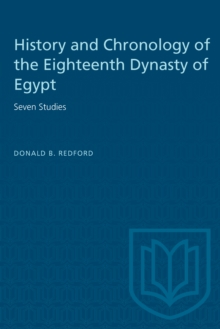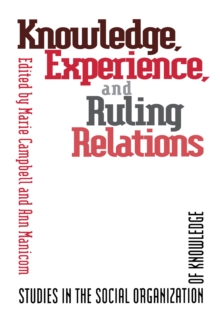
Tune Thy Musicke to Thy Hart : The Art of Eloquent Singing in England 1597-1622 PDF
by Robert Toft
Part of the Heritage series
Description
Many singers today perform Elizabethan and Jacobean lute-songs. Robert Toft offers the first help for singers in understanding the principles which governed song performance and composition in the early seventeenth century. He shows how these historical principles may be used to move and delight modern audiences.
The main purpose of early seventeenth-century singing was to persuade listeners using a style of utterance that had two principal parts – to sing eloquently and to act aptly. Toft discusses these two facets of singing within a broad cultural context, drawing upon music’s sister arts, poetry and oratory, to establish the nature of eloquence and action in relation to singing. He concentrates on these techniques which can be transferred easily from one medium to the other. Specifically, he draws on the two aspects of oratory which directly bear on singing: elocutio, the methods of amplifying and decorating poetry and music with figures, and pronunciatio, techniques of making figurative language inflame the passions of listeners.
The arrangement of the material has been inspired by the method of schooling William Kempe prescribed in 1588. The first part of the book examines elocutio, for singers need to understand the structure of songs before they can sing them well. The second part considers pronunciatio and focuses on the techniques used to capture and inflame the minds of listeners, that is, the role of pronunciation in utterance, the methods for making figures and other passionate ornaments manifest, the application of divisions and graces to melodies, and the art of gesture. In the final section of the book, Toft applies the techniques of early seventeenth-century eloquent delivery to two songs – ‘Sorrow sorrow stay’ and ‘In darknesse let mee dwell’ – by one of the greatest English songwriters ever to have lived, John Dowland.
Information
-
Download - Immediately Available
- Format:PDF
- Pages:204 pages
- Publisher:University of Toronto Press
- Publication Date:15/12/1993
- Category:
- ISBN:9781487584177
Information
-
Download - Immediately Available
- Format:PDF
- Pages:204 pages
- Publisher:University of Toronto Press
- Publication Date:15/12/1993
- Category:
- ISBN:9781487584177










